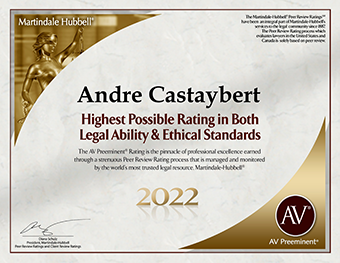In a recent article on artsy.net, Isaac Kaplan explores How Much Do Artists have over a Work after It Sold. As Kaplan explains, under VARA the answer is, yes.
The Visual Artists Rights Acts (VARA) provides visual artists control over the attribution and integrity of their work, provides that the artist shall have the right to prevent the use of his or her name as the author of the work of the visual art in the event of a distortion, mutilation, or other modification of the work which would be prejudicial to his or her honor or reputation.
In other words, if the piece that is being sold is not up to the standard of the original artist, under VARA, the artist may be able to disavow the piece.
To get to Kaplan’s full article, click here.







